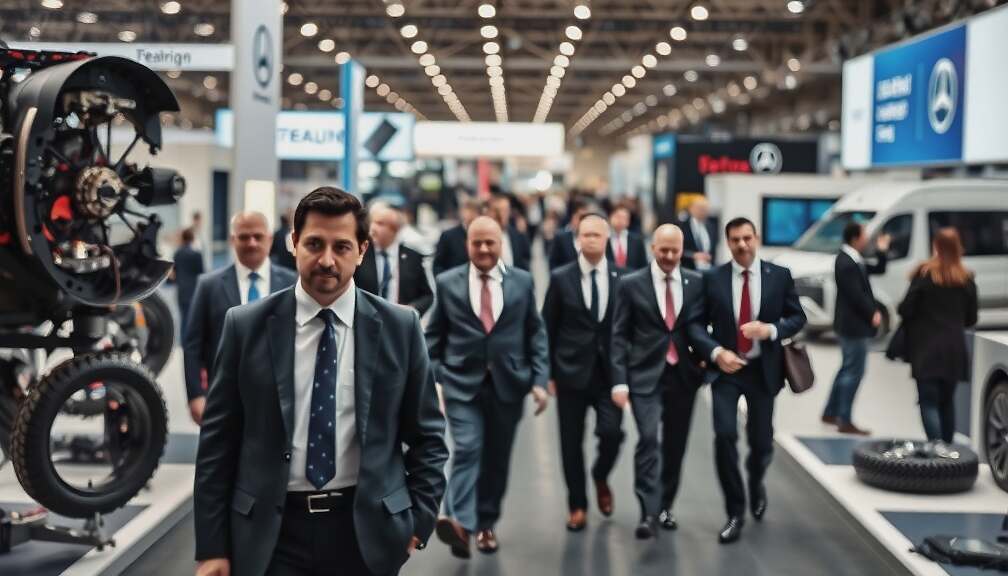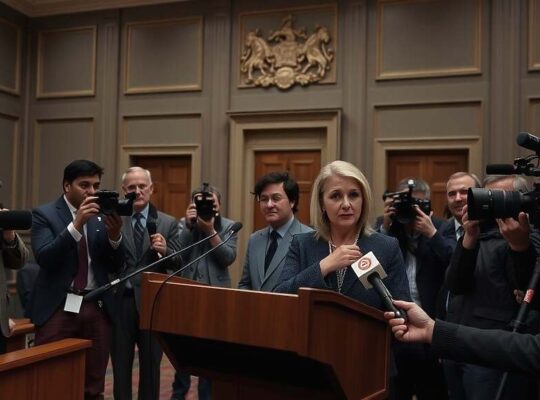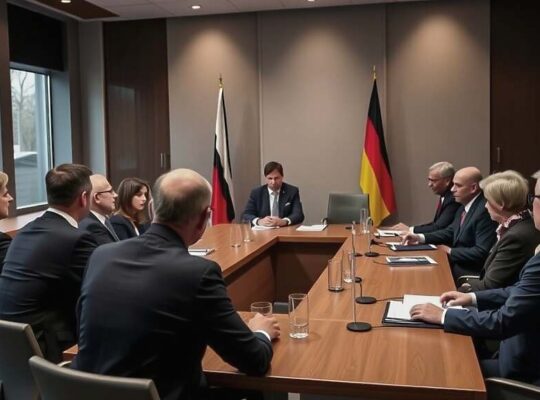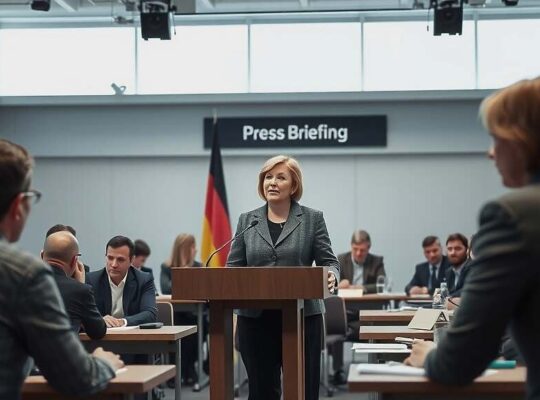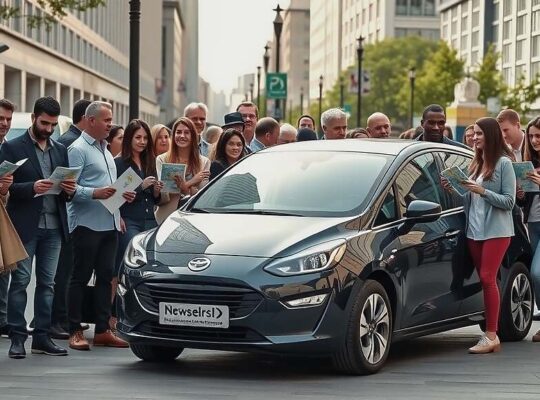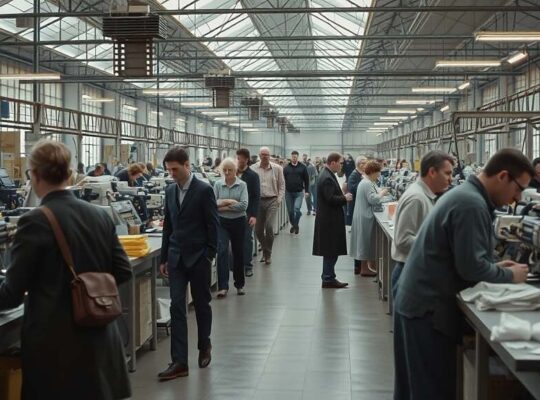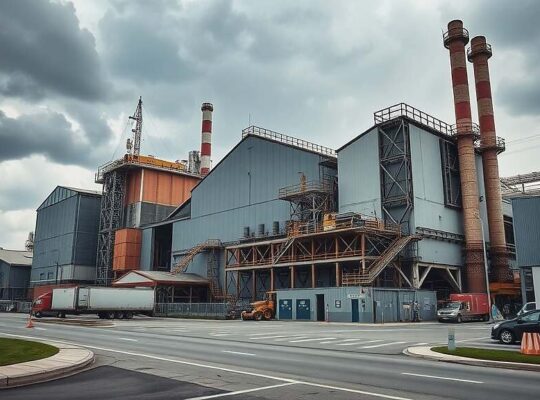High energy costs, taxation, labour expenses and bureaucracy are all hindering factors, according to Müller She also cited a perceived focus on a single technology as detrimental, preventing the utilization of existing competencies in areas like hybrid technology or the development of modern, potentially carbon-neutral fuels for conventional engines
Müller emphasized the urgent need for engagement with Brussels, stating that the European Union holds the key to achieving climate targets and establishing fleet regulations She called for a strong, unified voice from Germany to influence policy at the EU level
Müller expressed confidence that a variety of drive technologies will be necessary to reach global climate goals While reaffirming the commitment to meeting these targets, she argued that more technological options would enhance the opportunities available to German industry, leveraging its existing expertise, workforce and manufacturing facilities A shift in thinking, she suggested, is crucial
The European Union has not banned specific drive technologies, but instead implemented CO2 emission standards that internal combustion engines will be unable to meet from 2035 onwards Current regulations limit the average CO2 emissions for new cars registered in the EU to 936 grams per kilometer, a figure that will progressively decrease to zero grams per kilometer by 2035
These fleet emission standards are part of the EU’s “Fit-for-55” package, which aims to steer the EU away from a trajectory of over four degrees Celsius of global warming towards a path that would limit climate change to just over two degrees Celsius Recent rulings from the International Court of Justice have highlighted the legally binding nature of the 15-degree Celsius warming limit internationally and the potential for legal action against states that fail to meet it


